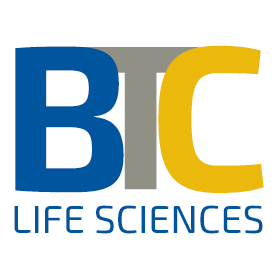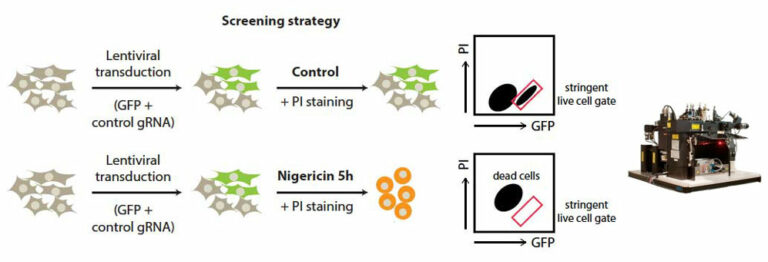Possible cause of male infertility
Bonn researchers decode gene that blocks sperm maturation in mice when altered
Mature spermatozoa are characterized by an head, midpiece and a long tail for locomotion. Now, researchers from the University Hospital Bonn (UKB) and the Transdisciplinary Research Area “Life & Health” at the University of Bonn have found that a loss of the structural protein ACTL7B blocks spermatogenesis in male mice. The cells can no longer develop their characteristic shape and remain in a rather round form. The animals are infertile. The results of the study have now been published in the scientific journal “Development”.
Male sperm cells are constantly produced in large quantities in the testicles during so-called spermatogenesis. In this process, the typical elongated sperm cells are formed from round germ cells. This enormous change in shape requires the fine tuned reorganization of specialized structural proteins. One of these structural proteins is ACTL7B. “Since it is exclusively made in humans and mice during the maturation of male sperm, it has been postulated that the protein is important for this phase of development,” notes corresponding author Prof. Hubert Schorle from the Institute of Pathology at UKB, who is also a member of the Transdisciplinary Research Area (TRA) “Life & Health” at the University of Bonn.
To investigate the role of the structural protein in spermiogenesis, Prof. Schorle’s team generated a mouse model with a mutation in the Actl7b gene using gene-editing technology. This results in a complete loss of function of ACTL7B. “Without ACTL7B, development is blocked, the cells often remain in a roundish shape, usually do not form the elongated, typical sperm shape and die to a large extent ,” says first author Gina Esther Merges, a doctoral student in Professor Schorle’s laboratory. […]
Participating Core Facilities: The authors acknowledge the support from the Bioinformatics and Microscopy Core Facilities.
Participating institutions and funding:
Department of Developmental Pathology, Institute of Pathology, University Hospital Bonn, 53127 Bonn, Germany
Department of Molecular Cell Biology, Institute for Cell Biology, University of Bonn, 53121 Bonn, Germany
Cell Migration Unit, Institute of Genetics, University of Bonn, 53115 Bonn, Germany
Reproductive Biology Group, Division of Developmental Biology, Department of Biology, Faculty of Science, Utrecht University, 3584 CH Utrecht, The Netherlands
This study was supported by grants from the Deutsche Forschungsgemeinschaft (SCHO 503/27-1 to H.S.). Open Access funding provided by the University of Bonn.
Publication: Gina E. Merges et al.: Actl7b deficiency leads to mislocalization of LC8 type dynein light chains and disruption of murine spermatogenesis; Development; DOI: https://doi.org/10.1242/dev.201593







